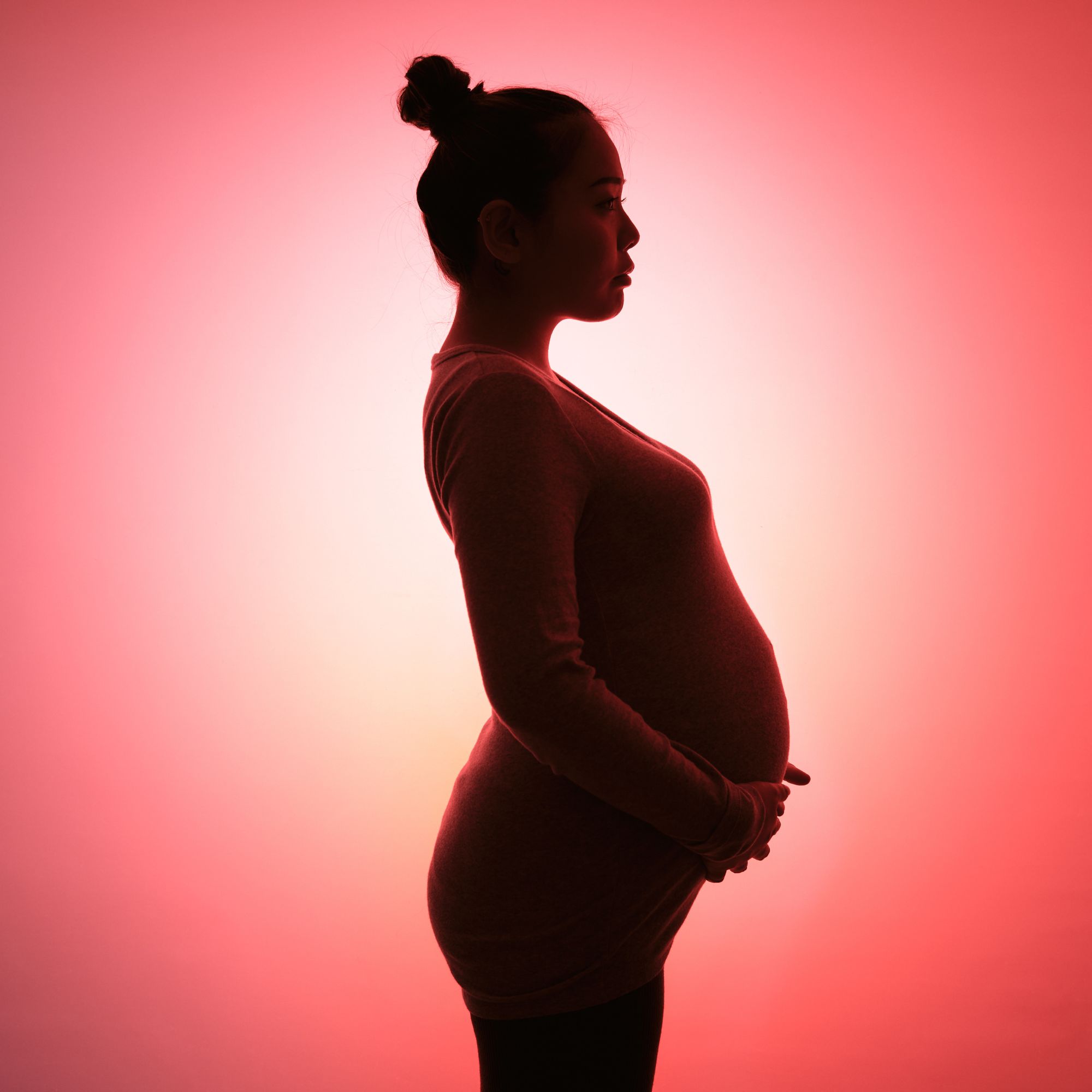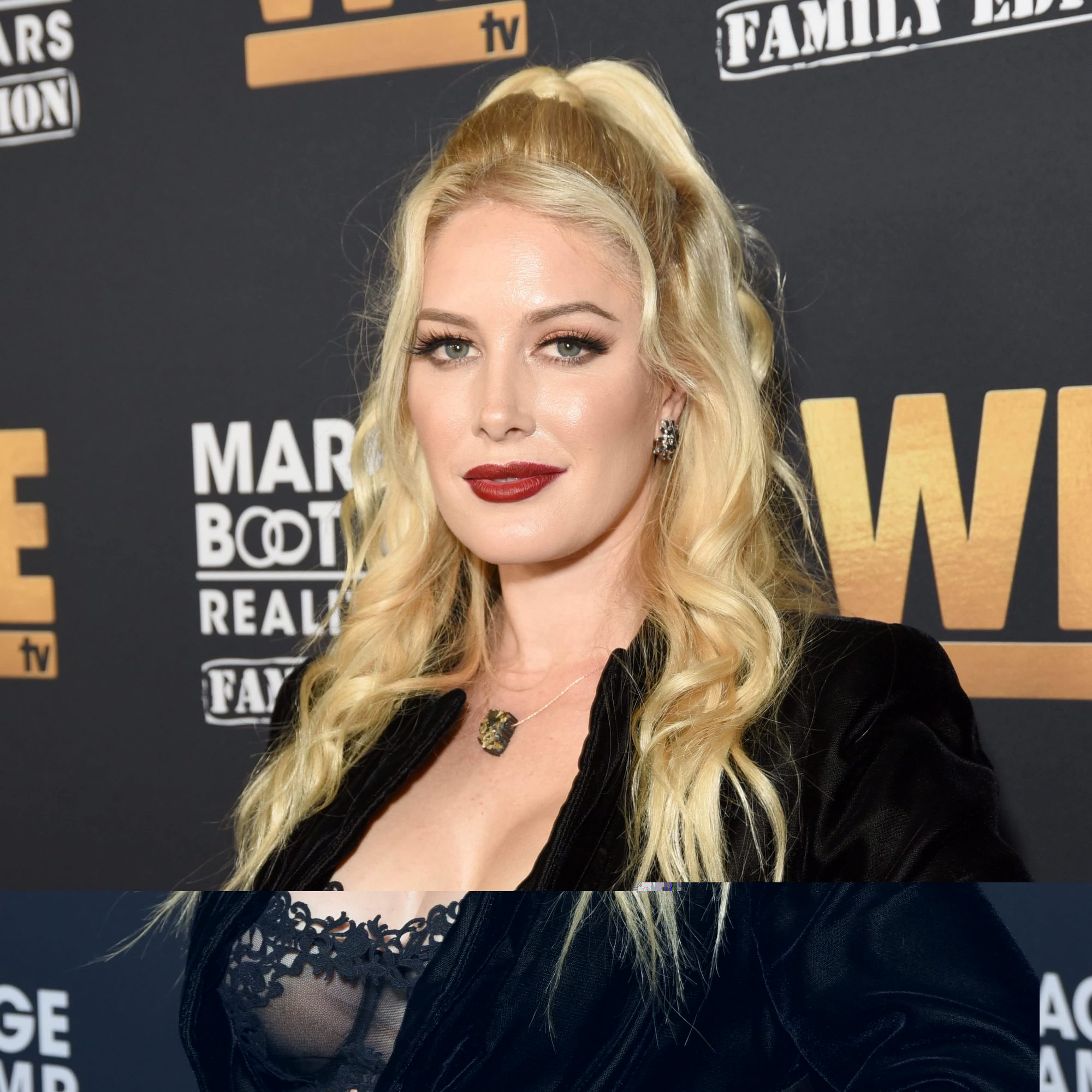
- POPSUGAR Australia
- Fitness
- Cost of Living, Career and Climate: Why Young Women Are Delaying Motherhood
Cost of Living, Career and Climate: Why Young Women Are Delaying Motherhood


Matrix and NYX Cosmetics have teamed up with POPSUGAR Australia to bring you the Unstoppable Class of 2023. Together, we’re dedicated to heroing the voices of women, people who identify as women, and non-binary people who are powering a brighter future and making an important difference – because the next gen is unstoppable. We will deliver personal essays from the individuals who are making a name for themselves. You can find all the pieces here.
Welcome to POPSUGAR Uninhibited: The Fertility Edition, a space where anyone who ovulates can come for information, advice and support. Here, we’ll tackle topics like fertility in your 20s, conception and egg freezing. You can find all of the stories here.
As the cost of living skyrockets and the climate crisis creates unprecedented instability, is it surprising that young women are wondering if parenthood is a good idea?
According to the biggest scientific study on climate anxiety and young people, 75 percent of 16 to 25-year-olds surveyed are frightened for the future, while four in ten are hesitant to have children. They feel betrayed and abandoned by their parents and their governments and feel as though they are bearing the psychological burden of climate change. Hardly the ideal conditions to consider raising a child in.
I must admit, I didn’t factor in climate change when I started having children nine years ago. I have three beautiful children and when I thought about bringing them into the world, the main considerations were when, where and how. Motherhood felt like a natural step after study and travel, regardless of impending climate doom. My biggest stress at the time was completing my Masters’ essays at the kitchen table while heavily pregnant with my firstborn.
But since interviewing over 350 women about their fertility and pregnancy experiences in Australia, I’ve had a front-row seat to the Australian parenting landscape. And, while climate is definitely an issue, there are also some other important questions that women are asking themselves when it comes to motherhood.
‘Can I Afford It?’
Make no mistake, children are a drain on your finances. Depending on your circumstances, expect disposable income to be hoovered up by an endless stream of nappies and daycare bills. We’re also in the midst of a housing and cost of living crisis that’s putting significant pressure on family budgets.
This is why recent changes to Paid Parental Leave have been designed to support women in their choices to have children. From 1 July 2023, parental leave payments will increase by two weeks each year from 18 weeks to 26 weeks by July 2026. Partners will be able to share the payments, and fathers and non-birthing partners can receive payments at the same time as their employer-funded leave.
And should bubs be off to daycare, increased childcare subsidies will make it cheaper for parents to go back to work.
Government policy that supports new parents in raising their kids and finding secure housing is essential in helping women decide if motherhood is for them. Governments who ignore this do so at their peril.
‘What About My Career?’
Juggling motherhood and a career have never been easy and it was made even more difficult by the pandemic. At the height of the pandemic in Australia, women were twice as likely to lose their jobs as men. Those who did keep their job added an additional hour of unpaid labour to their existing load.
That’s not to say there haven’t been unexpected benefits. The pandemic smashed existing attitudes about how and where we work. Employers experimented with new frameworks, such as working from home and the four-day week, that are much more family-friendly.
We’re also seeing more families ditch the status quo in favour of alternative parenting arrangements that suit their lifestyle. Midway through this year my husband left his teaching job to be the at-home parent while I managed my business from our back garden. Our situation is not unique, with more non-birthing partners opting to be the primary caregiver while birthing parents return to work.
While balancing motherhood with a career is possible, it does require an element of surrender; letting go of perfection and being okay with the juggle!
‘Have I Left It Too Late?’
Approximately one in six Australian couples experience fertility issues and this figure is on the rise. However, there’s also more social awareness about how our health choices, including alcohol consumption, smoking, and diet, can affect fertility. And young women are opting to freeze their eggs in an attempt to future-proof their chances of conceiving.
Plus, thanks to modern medicine, women who are single or in same-sex relationships can conceive regardless of their relationship status. Finding a partner can be challenging, especially when you’re acutely aware of your reproductive timeline, so more women are choosing solo motherhood. For LGTBQIA+ couples fertility assistance in varying degrees is essential.
There are a myriad of reasons why women might find themselves wondering if they’ve missed the boat. So, if you feel as though a baby may be in your future, get yourself to a GP to discuss your options and receive guidance on practical steps forward. This may include blood tests and lifestyle guidance or, depending on your age and medical history, you may be referred for fertility testing.
Motherhood is an intensely personal decision that’s hugely influenced by social factors, governmental policy, and our own personal circumstances. However, with the right support, women can access everything they need in order to help them make this important decision.
Sophie Walker is the founder and host of the Australian Birth Stories podcast which has over 10 million downloads. Pre-order her first book The Complete Australian Guide to Pregnancy and Birth here.


